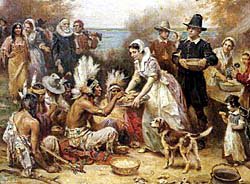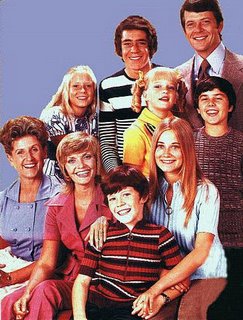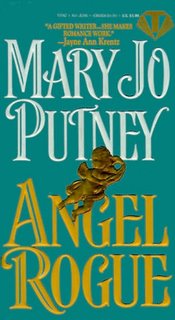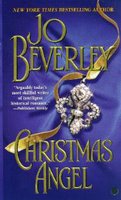 Thanksgiving weekend is the time to spend with family, to relish the shared moments and history of your lives, while celebrating the future.
Thanksgiving weekend is the time to spend with family, to relish the shared moments and history of your lives, while celebrating the future.
Sure, if you have a normal family. Me, not so much.

Most of us join the Dysfunctional Family Circus, a time where most everyone is tense and Things Get Said and Things Don’t Get Said.
Family issues led me to thinking about the current popularity of connected Regency books, usually through siblings. Mary Balogh wrote about six siblings in her Slightly series, and she did a fantastic job of delineating the differences between all six. Julia Quinn‘s Bridgerton series focuses on eight siblings, all of whom eventually find their HEA. Eloisa James has just released the second book in her Four Sisters series, and in her first book of the series, she did a remarkable job of distinguishing the sisters from each other.
And, of course, for every sibling series I cite, there are zillions more residing in books out there–readers like to read connected books, and making the connection through siblings make a shared history possible, and limit the essential backstory so the author can concentrate on the romance at hand.
I have to admit, even though I love reading these connected series, I just can’t wrap my head around the fact that every single sibling is happy in love. Think about your own family; is everyone blissful in their relationship? If you say yes, you are an unusual person (and I envy you!). When I think about the connected series in toto, I have to say the idea of that many pleased siblings makes me faintly nauseated.
And yes, I am an only child. Why do you ask?
The connected series I tend to believe more are those where the bonds are of friendship, not blood. Friends have to stretch and grow in their relationships, and their respective dynamics can make for fascinating reading. 
Mary Jo Putney‘s Fallen Angels, Lynn Kerstan‘s Black Phoenix Brotherhood, and Jo Beverley‘s Company of Rogues are good examples.
So what do you think about connected series? Do you like it when siblings find love, each in their own books? Or, like me, do you try to ignore the other books as you’re reading the one, keeping a Kantian a priori attitude about your book of choice?
Megan
